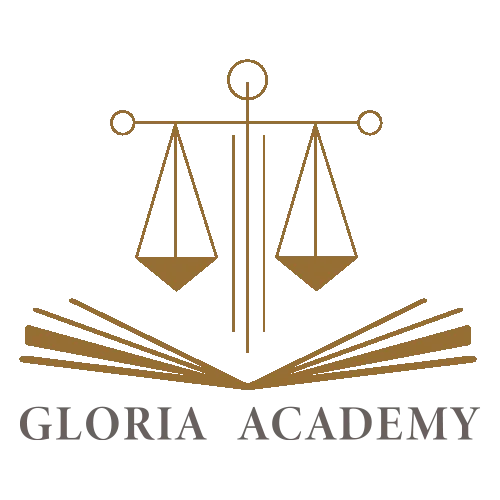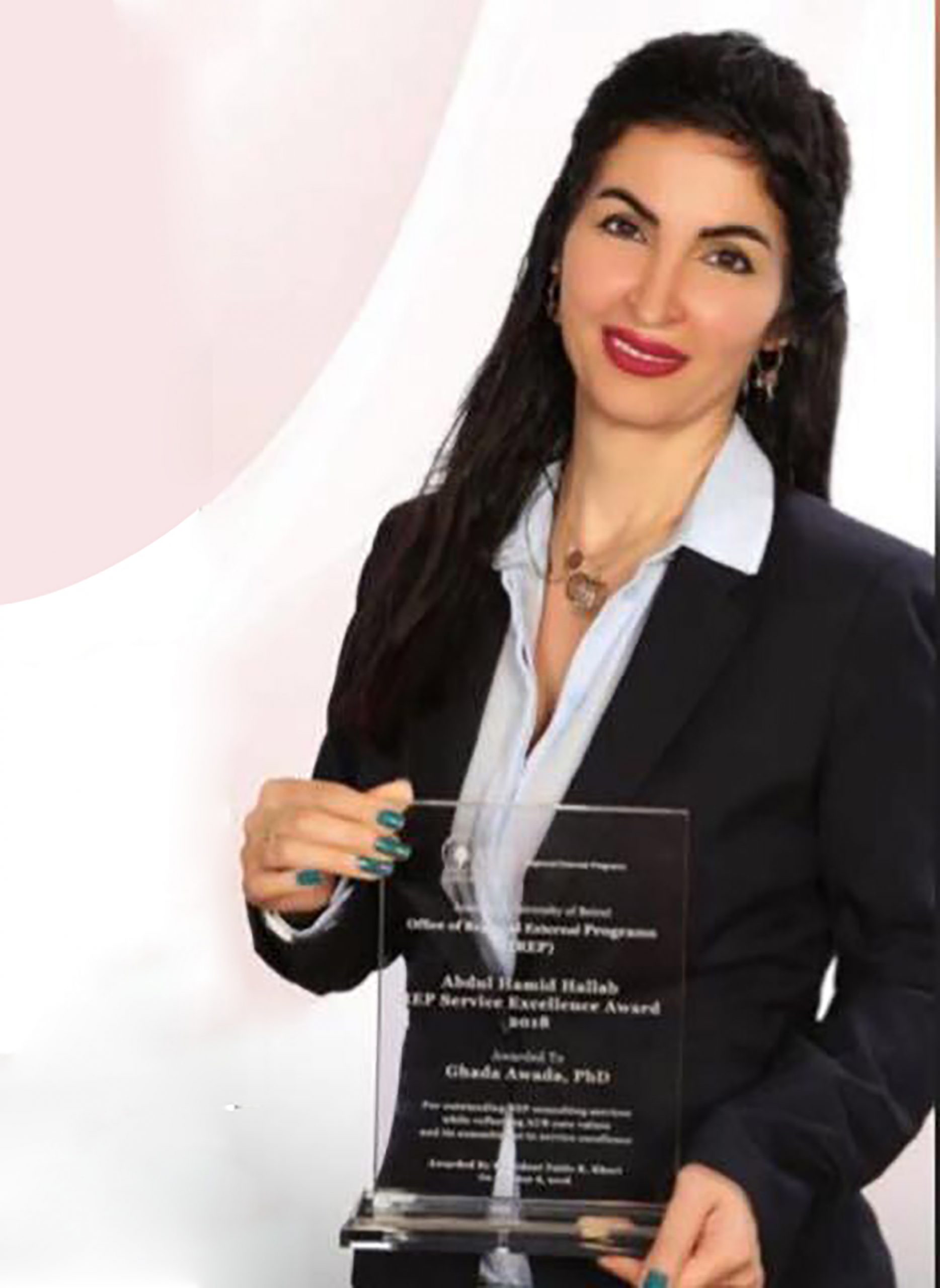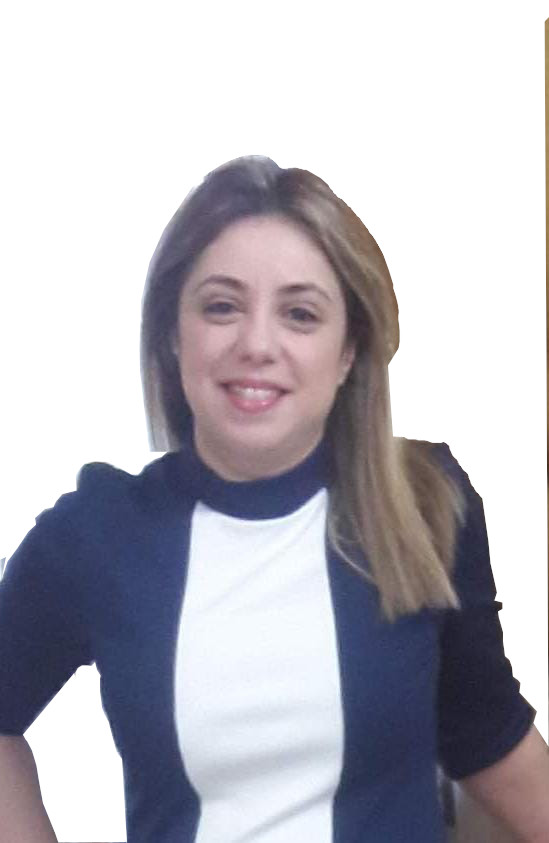

Gloria Academy is all about passion and innovation! Key to most Gloria publications and workshops are computer assisted language learning (CALL), differentiated cooperative learning (CL), intercultural communication, and neuroscience-based cognitive Structures. You have probably heard of some popular digital multimodal composing (DMC), innovative, cooperative learning, and intercultural communication Structures including differentiated KUD, KWL, DMC, Paideia Seminars, Literature Circles, Targeted Doodling, Play Circles, Third Space, TSLC, Blogging-based DMC, WebQuest-based DMC, Online-Poster-based DMC, Wiki-based DMC, and Neuroscience-based information processing. Gloria Structures, and many more, are now utilized world-wide in all academic subject areas to boost student innovation, creativity, and learning. Gloria Structures produce innovative outcomes. Teachers, schools, and institutions now use Gloria Structures to increase academic achievement and workplace job opportunities, improve critical thinking skills, boost self-esteem, create a healthy classroom climate, decrease discipline problems, and promote learners' intercultural communication skills and character development.
Gloria Structures make every learner a critical thinker. In the traditional classroom, the teacher is the only critical thinker who works very hard. At Gloria, both teachers and students engage in the critical thinking process. Learners need to work at least as hard as their teachers. The more learners interact and communicate with their peers and with the curriculum, the more they will learn. Gloria Structures bridge the achievement gap by creating learning opportunities for struggling students. Gloria Structures stimulate critical thinking and facilitate the neuroscience-based tasks to reach and teach all students.
CALL and CL Structures yield engagement, interaction, and innovation which are why students report they like school, teachers, books and feel better about themselves. Engagement is the only remedy for stopping bullying in classrooms as it gets straight to the cause of the problem in many classrooms.
Gloria Academy has the practical tools to help teachers to share their thoughts and innovative ideas with the entire world. The power of Gloria courses, workshops and teaching certificates is that they synthesize the best of practices and research to provide very clear, easy-to-use teaching strategies. Novice, good and excellent teachers join Gloria Publishing and Education Academy.
OUR TEAM

|
|
Dr. Ghada M. Awada-An international Arbitrator and a Fulbright Scholar at North Carolina State University (NCSU-2016). The first female recipient of the American University of Beirut (AUB) Excellence Service Award (2018) and the recipient of Lebanese American University (LAU)-CEP excellence award (2014).
A holder of a Ph.D. in English and Applied Linguistics and a Ph.D. in Public International Law and International Relations and Diplomacy. UNESCO and World Bank consultant and Developer of AUB Arbitration certificate program and of LAU English for Lawyers programs.
An author of several publications related to arbitration, reform, human rights education, global citizenship, intercultural communication, peace education, disarmament, and counter terrorism policies.

|
|
• Head of the English Department at the Center for Educational Research and Development (CRDP)
• Member of the Lebanese Curriculum Development Committee
• Instructor at the Lebanese University and at Beirut Arab University (BAU)
• Instructor at the Continuing Education Center (CEC) - AUB
• Fulbrighter who participated in many local, national and international conferences
• Former teacher, coordinator, and teacher trainer
• Former ambassador and trainer on behalf of the British Council
• ICT trainer
• Producer, coordinator and quality controller of digital resources
• Participant in several community service projects
granted 3 awards from the British Council
has research interests in the areas of curriculum design, education, linguistics, language teaching and learning through social networking sites, and different language skills and sub-skills